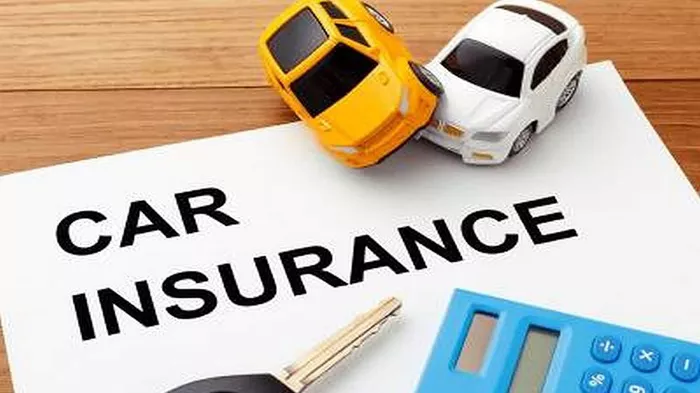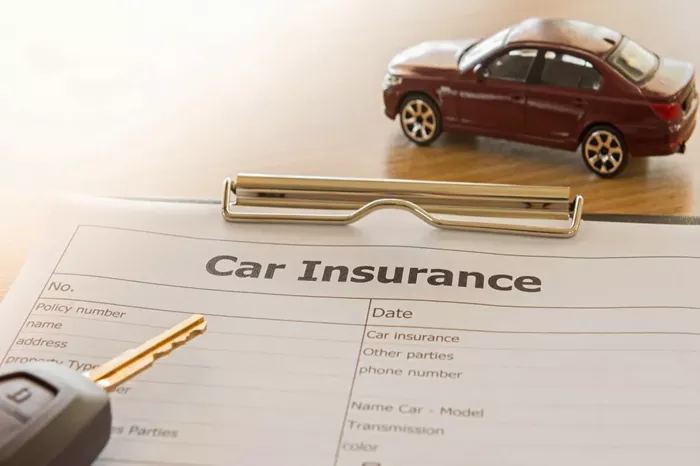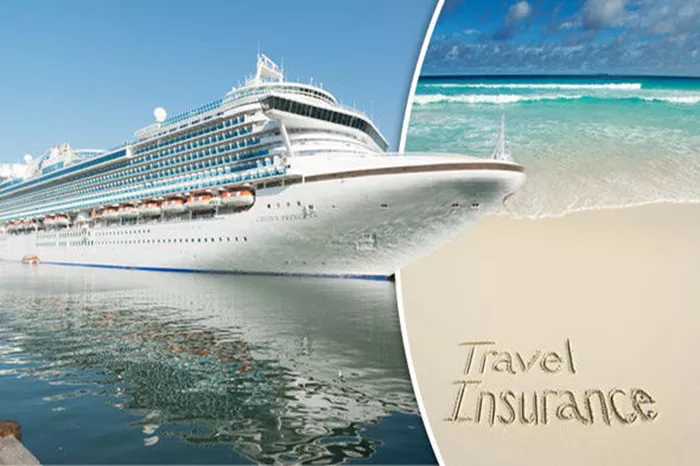Car insurance is an essential aspect of owning a vehicle, and for many drivers, it’s a yearly commitment. However, once your policy renews, you may find yourself reconsidering whether it still fits your needs. You might have found a better deal elsewhere, sold your car, or even decided to go without insurance temporarily. So, the big question is: Can you cancel car insurance after renewal?
In this article, we’ll dive deep into the process of canceling car insurance after renewal. We’ll look at why people cancel their policies, what the process entails, potential fees or penalties, and how to make sure you’re handling things the right way. Let’s get started!
Why Would You Want to Cancel Your Car Insurance After Renewal?
Before we jump into the cancellation process, it’s important to understand the reasons people might want to cancel their insurance after it renews. Here are a few common reasons:
1. Better Deals Available
Insurance rates can fluctuate, and after renewal, you may discover that you could get a better deal with another provider. This could be due to changes in your personal circumstances or finding a policy with more coverage or a lower premium.
2. You Sold Your Car
If you’ve sold your car, you no longer need coverage for it. Many drivers choose to cancel their insurance after parting with their vehicle.
3. You’re Switching Vehicles
If you’re upgrading or switching vehicles, your current car insurance policy might no longer be the most suitable. The vehicle you’re driving may require different coverage.
4. Reducing Insurance Costs
Sometimes, people may decide that they don’t need full coverage anymore. This could be the case if their car is older and they feel comfortable with a minimum coverage policy.
5. Financial Reasons
If your financial situation has changed, you may need to reduce your monthly expenses, including car insurance.
No matter your reason, it’s essential to know whether you can cancel your policy and how to do so legally and without unnecessary penalties.
How Does the Renewal Process Work?
To better understand how to cancel your car insurance after renewal, it’s essential to grasp the renewal process. Here’s what typically happens:
The Automatic Renewal
When you sign up for car insurance, many companies offer automatic renewal. This means that unless you inform them otherwise, your policy will automatically renew for another year or six months. The terms, including the price, will usually stay the same unless the insurance company makes adjustments.
If your insurer raises your premium or changes the terms of your coverage at renewal, they are typically required to notify you in advance. However, even if the renewal process is automatic, you still have options to cancel the policy afterward.
How to Cancel Car Insurance After Renewal
Now, let’s dive into the specifics of how to cancel your car insurance after renewal. This process can vary slightly depending on your provider, but the general steps are as follows:
1. Check Your Policy Terms
Before canceling, review the terms and conditions of your car insurance policy. Some policies include clauses about cancellation that you should be aware of. For example, there may be specific deadlines or restrictions on when you can cancel without facing penalties.
2. Contact Your Insurance Provider
The next step is to contact your insurance company. Most insurers allow you to cancel over the phone or through their website. However, it’s a good idea to reach out to them directly, as you might need to provide additional documentation or discuss your reasons for canceling.
Be prepared to explain why you’re canceling the policy. Some companies may ask about whether you have another policy in place or if you’ve sold your car.
3. Request a Cancellation Confirmation
Once you’ve made the decision to cancel, make sure you get written confirmation from your insurer. This is important, as it will serve as proof that the cancellation was processed and that your coverage has officially ended.
4. Ask About Refunds or Penalties
If you paid your premium in full for the year, you may be eligible for a refund for the unused portion of the policy. Insurance companies typically calculate the refund based on the number of days remaining in the policy. Be sure to ask your provider about this.
However, keep in mind that some insurance companies might charge cancellation fees. These fees vary, so it’s crucial to ask about any penalties before moving forward with the cancellation.
5. Avoid a Gap in Coverage
One of the most important things to remember when canceling your car insurance is to ensure that you don’t have a gap in coverage. If you plan to cancel your current policy, make sure you have a new policy lined up if you intend to continue driving. Driving without insurance can lead to fines, penalties, and legal complications.
6. Return Any Documents
Once your cancellation is processed, you may be required to return any insurance cards or documents provided by your insurer. Make sure to follow up on this to avoid any confusion down the line.
Things to Consider When Cancelling Car Insurance After Renewal
Before making the final decision to cancel your car insurance policy, here are a few things you should keep in mind:
1. Early Cancellation Fees
Most insurers charge a fee if you cancel your policy before the agreed-upon end date, even if it’s after renewal. These fees can vary, but they are typically calculated as a portion of the premium based on how long you’ve held the policy. Be sure to check your insurer’s cancellation policy.
2. State Laws and Regulations
Car insurance laws vary from state to state. For example, some states require proof of insurance at all times, while others allow a grace period for switching providers. Check the regulations in your state to ensure you’re following the proper procedure when canceling your policy.
3. Possible Refund for Unused Coverage
If you’ve already paid your insurance premium for the entire year, you might be eligible for a refund on the unused portion of your coverage. However, the refund may be subject to fees and restrictions. If you paid monthly, you might not be entitled to a refund, but you will stop making payments once the policy is canceled.
4. Avoid Gaps in Coverage
As mentioned earlier, it’s critical to avoid gaps in your insurance coverage. If you’re canceling your policy, make sure you have a new one in place before your old policy ends. Without coverage, you may face legal consequences, and your car could be impounded if you are caught driving uninsured.
5. Transfer Your Policy (If Applicable)
If you’re not selling your car but just switching to a new vehicle, some insurers offer the option to transfer your policy. This means you might not need to cancel your entire policy but simply update it to reflect your new car. Check with your insurer to see if this is an option.
Can You Cancel Car Insurance After Renewal and Receive a Refund?
Yes, you can generally cancel your car insurance after renewal, but whether you receive a refund depends on several factors. If you paid the full premium upfront, you’re typically eligible for a prorated refund for the unused portion of your coverage. However, any cancellation fees or charges may reduce the amount refunded.
If you paid monthly, the cancellation will stop further payments, but you may not receive a refund for the months that have already been paid.
Always make sure to clarify the refund process with your insurer when canceling the policy.
What Happens If You Cancel Your Car Insurance and Don’t Get Another Policy?
If you cancel your car insurance and don’t obtain new coverage, you could face serious consequences, including:
Legal Penalties: Most states require that all drivers carry car insurance. Driving without it could result in fines or the suspension of your driver’s license.
Increased Costs for Future Insurance: If you allow your insurance to lapse, future insurers may charge you higher premiums due to the lapse in coverage.
Risk of Financial Liability: If you cause an accident while uninsured, you could be held financially responsible for damages and medical bills, which can lead to significant financial hardship.
It’s vital to make sure you’re covered before you cancel your existing policy.
Conclusion: Is Cancelling Car Insurance After Renewal the Right Choice?
Canceling your car insurance after renewal is certainly possible, but it’s important to understand the process and consequences before you proceed. Make sure you review your policy terms, consider potential fees or penalties, and ensure that you don’t experience a gap in coverage. By following the proper steps and understanding your options, you can make the best decision for your needs.
Whether you’re seeking a better deal, switching vehicles, or reducing coverage, canceling your car insurance after renewal is a manageable task with the right preparation.
Related topic:
How Much Does Insurance Cost For An Rv




















